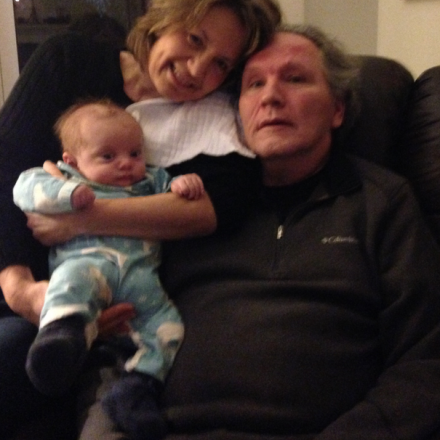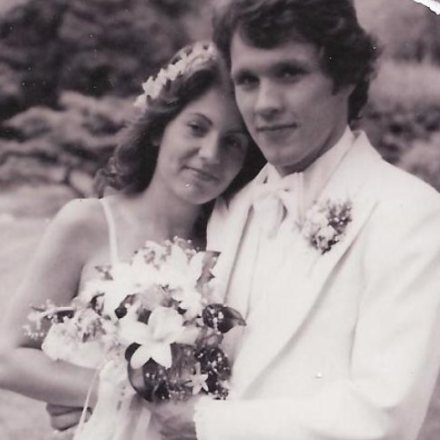He lived for seven years after the initial ALS diagnosis, declining slowly, daily, in both body and mind. As his hands failed to let him toss together the creative meals he was known for cooking, his mind forgot the simple steps needed to cook a bowl of oatmeal.
Even as he lost most of his language, Tom never lost his cheerful spirit. He continued to adore our kids, and to love me as the center of his universe.
When I’d hug him before leaving him at home with a caregiver, we would always say “I love you.” Then he would tell me, “I miss you.” And I would tell him with all my heart: “I miss you more.”
Oh how I missed him.
I have learned this: There are no good versions of ALS. It is cruel.
It takes some quickly; it tortures others slowly.
Whether it begins with difficulty walking, or talking, or breathing, it is relentless and scary.
Loss through ALS-FTD is also lonely. It is missing someone who is sitting right next to you.
It is hopeful that in the years since Tom died, more is understood about how these diseases are related. I am grateful that the ALS Association is supporting caregivers who face the many different and unexpected losses that come with the disease. Research, knowledge and support will help shorten that horrible period of “unknowing” – giving families facing ALS-FTD a chance to plan, and a chance to say goodbye.
With continued funding and research, the biggest hope is that someday there will be no need for the untimely goodbye at all.


